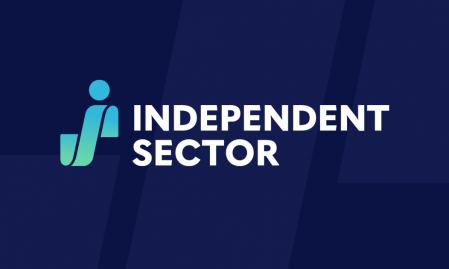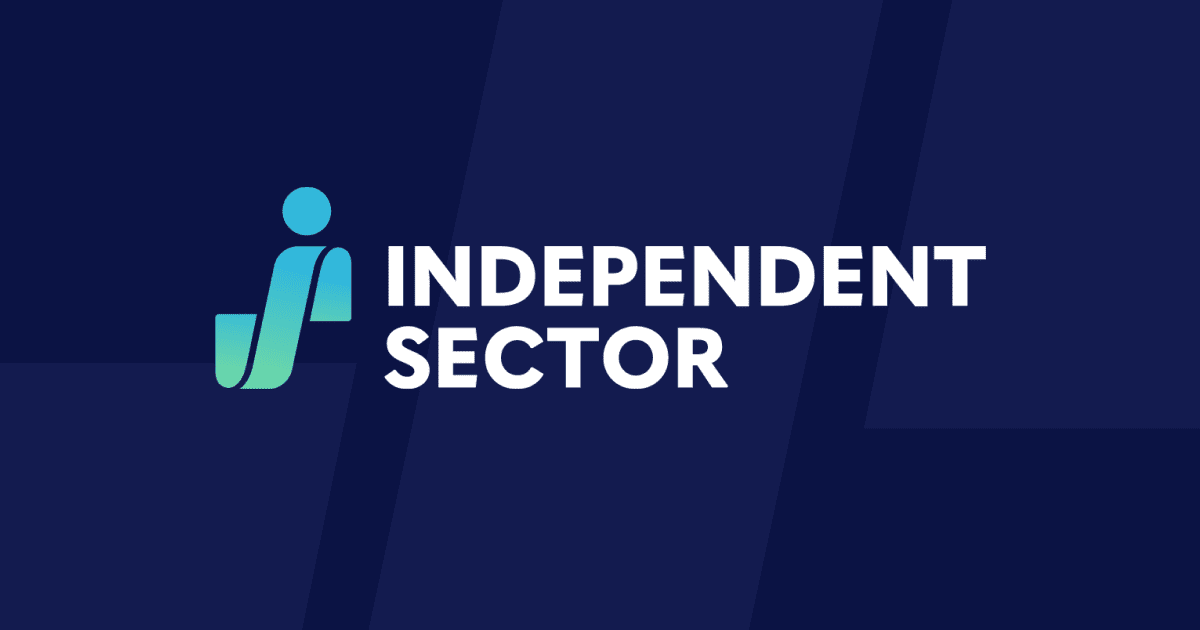Independent Sector strongly recommends that all nonprofits and foundations develop a statement of values and code of ethics to help guide their policies, decision making and operations. Here is a checklist to help your organization begin the process.
Decide whom you think should be involved in the process. Be sure to include staff and the board. Other important stakeholders include major donors, volunteers and program beneficiaries, each of whom will bring different and valuable perspectives.
Phase One
Focus your first efforts on developing a statement of values, which will later serve as the foundation for a code of ethics:
- Convene a group of stakeholders to develop a list of values that might be included in your organization’s statement. Have the group brainstorm by answering these questions:
- What values are unique to our organization’s mission?
- What values should every nonprofit organization and society in general uphold?
- What values should guide the operations of the organization and the personal conduct of staff, board, and volunteers?
- Draw from examples of values statements from other organizations as models.
- Develop consensus around the values that stakeholders believe are most important for your organization. Narrow these to the essential core values of the organization.
- Organize a small drafting committee to put the ideas into words. Reconvene key stakeholders to review and revise the statement as needed.
- Secure approval from the board of directors.
Phase Two
Using the organization’s statement of values as a foundation, now it’s time to turn your attention to developing a code of ethics describing how you put those values into practice. Your resulting document will be a set of broad principles, not a detailed set of operational practices.
- Provide model codes from other organizations as a reference for the development of your own code.
- Convene a key group of stakeholders to decide on the essential elements that your code should cover, such as:
- Personal and professional integrity
- Mission
- Governance
- Conflict of interest
- Legal compliance
- Responsible stewardship of resources and financial oversight
- Openness and disclosure
- Program evaluation
- Inclusiveness and diversity
- Integrity in fundraising and/or grantmaking (depending on the type of organization.)
Other areas of particular importance to your organization and field of interest
- Throughout the process, continually consult your values statement to ensure it is being reflected in the code of ethics.
- Organize a drafting team and have all key stakeholders review the draft to ensure support for it.
- Secure approval of the code by the board of directors.
- Design a system to ensure regular review of adherence to the code. Consider designating a board committee that will have oversight responsibility for compliance with the code.
Share Your Feedback
Please share your experiences with us, so we may share lessons learned with other members. Contact us at ethics@IndependentSector.org.
IS wishes to thank the Colorado Association of Nonprofit Organizations (CANPO) for permission to draw from its excellent publication, Conducting an Ethics Audit: A Checklist for Nonprofits. More information is available at www.canpo.org.


